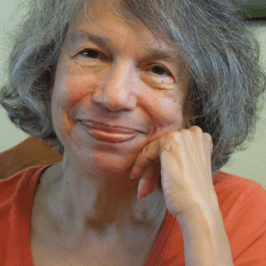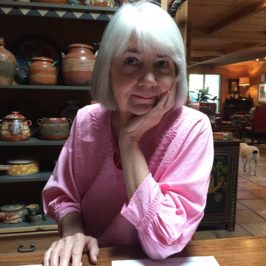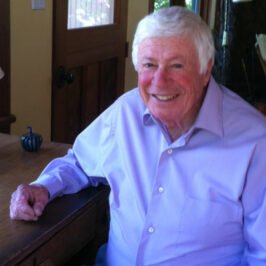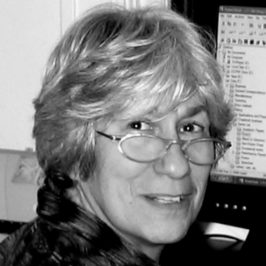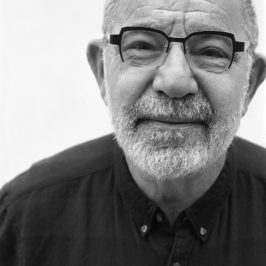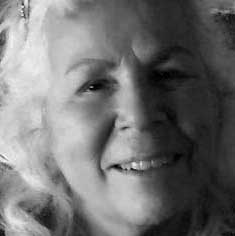
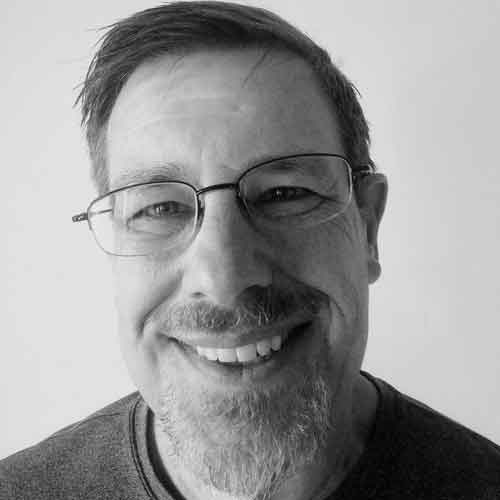
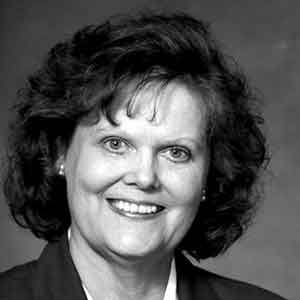
From Maine to Georgia, and other realms, with poems by Penny Altman, James Wyshynski and Memye Curtis Tucker.
6 minutes
TRANSCRIPT
The 2200-mile-long Appalachian Trail goes from Mount Katahdin, Maine to Springer Mountain, Georgia. The first leg of it was completed 100 years ago this month, October, 1923, and the entire basic Trail was completed in 1937. To commemorate the anniversary, pieces from writers living in Maine and Georgia.
First, from Maine, Penny Altman’s “Everyone’s Resurrection Poem.”
I want to lie in my bed for the next few months
in comfortable clothes,
under the covers,
with the big warm dog beside me.
I will stroke her belly
and look out the window
at the snow
when I’m awake,
and when asleep, I’ll dream a
Life.
It can snow.
I won’t get up to shovel.
I’ll grow thin —
I’ve always wanted to grow thin.
and sometime in the spring,
a grappling hook
descending from the sunny sky
will gently lift me,
carry me through some fresh and pleasant day
and put me down
Somewhere
grassy.
I’ll figure it out from there .
“Everyone’s Resurrection Poem” from Passager Issue 72. Penny Altman said, “I was feeling old
and I was feeling tired and I thought about what I really wanted to do before I could deal with the stuff I’ve wanted to accomplish. ‘Everyone’s Resurrection Poem’ was my response. I felt the lightheartedness of it in my bones, but the wanting is serious.”
Penny’s poem was about things she wants to do. At the other end of the Appalachian Trail, in Georgia, is James Wyshynski, writing about what he wants his children to do—when he dies. “Last Will for Three Children.”
Carry my bagged ashes and three helium balloons
until you get to the island’s sea side. Pick your way
onto the rocks to that one we all sat on. Stop
for a moment as you stand at the juncture
of four elements — granite, waves breaking,
wind and the remains of fire. Marvel. Or joke
at your dead father’s love of completeness.
Tie the balloons to the handles of the bag.
No need to pray or say anything. Just let me go —
let helium do its work, lifting that sad sack
until I get the view I always wished for —
the bird’s eye of the world or a distance from it,
I never could land on an answer. No matter now.
Watch me cross through the ground turbulence,
and, I hope, into the corkscrew of a thermal
that spins me into a speck just below a cloud
as gossamer as grief. Then turn away and take
the full step of your selves back into your lives.
James Wyshynski’s poem “Last Will for Three Children” from Passager’s brand new Issue 75.
James said, “My father died when I was 18, and now that I’m almost his age, I realize I lost so much time in a maze of grief. The poem is an attempt to provide my kids with at least one quicker solution to that labyrinth.”
Memye Curtis Tucker, also from Georgia, said this next poem grew out of her family history. She said he was a WWII Army Air Force Flight Surgeon, and after a medical error that could’ve killed him “managed to be discharged to save his own life.” Here’s her poem “Knotts: A Family Story.”
His fishing net is holes in space
held together by string, a knot at each corner,
a map of each day he sat on the cot
tying knots with physician’s hands, working
not with black sutures but string.
Fevered, grimly holding off death,
the Flight Surgeon had to heal from the war,
from his foolish volunteering, his battles
to save soldiers his colleagues discounted,
and his own bacillus the army doctors
decided there was no way to cure.
Yet infection-weakened, fighting despair,
sitting up in pain, he could still tie knots,
make a net, inch by inch, as his family watched,
hoping someday he could fish again.
A net to hold, a net to let go.
Days, weeks, a calendar of squares,
months of slow minutes. In those stark years,
if left by doctors to die in the ward,
you were your only hope. That’s why
at last he’d escaped to heal himself
with a barely-tested serum
and time to make a design of his own.
Memye Curtis Tucker’s poem “Knotts: A Family Story” from Passager Issue 67. “Knotts” in the title, by the way, is a family name.
I always thought the Appalachian Trail was essentially a bike path, nice and wide and smooth and easy, albeit long. “Not even close.” That’s what friends who’ve hiked it, parts of it with great difficulty, said, by way of setting me straight.
To subscribe to, or learn more about Passager and its commitment to writers over 50, go to passagerbooks.com. You can download Burning Bright from Spotify, Apple and Google Podcasts
and various other podcast apps.
For Kendra, Mary, Christine, Rosanne, and the rest of the Passager staff, I’m Jon Shorr.

